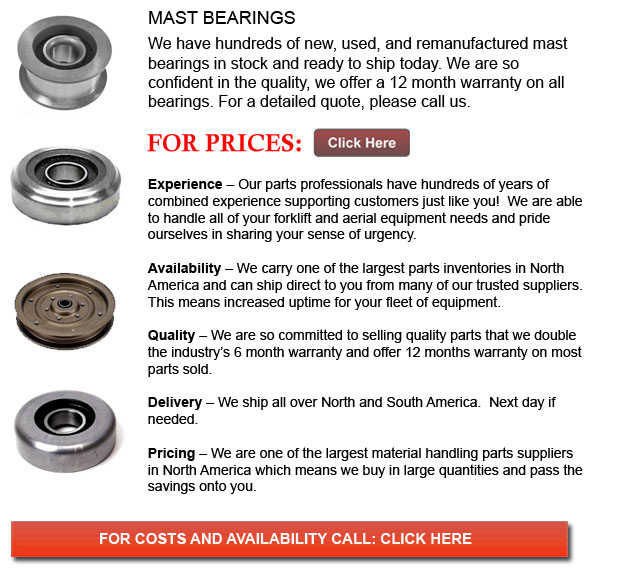
Mast Bearing - A bearing is a gadget that enables constrained relative motion between at least 2 parts, usually in a linear or rotational procession. They could be commonly defined by the motions they permit, the directions of applied cargo they could take and in accordance to their nature of utilization.
Plain bearings are very widely used. They make use of surfaces in rubbing contact, usually together with a lubricant like oil or graphite. Plain bearings may or may not be considered a discrete tool. A plain bearing may comprise a planar surface which bears another, and in this instance will be defined as not a discrete gadget. It could consist of nothing more than the bearing exterior of a hole with a shaft passing through it. A semi-discrete example will be a layer of bearing metal fused to the substrate, whereas in the form of a separable sleeve, it will be a discrete gadget. Maintaining the right lubrication enables plain bearings to provide acceptable friction and accuracy at the least cost.
There are other types of bearings that could better reliability and accuracy and develop efficiency. In numerous uses, a more suitable and specific bearing could better weight size, operation speed and service intervals, therefore lowering the total costs of operating and buying equipment.
Several kinds of bearings along with varying shape, material, application and lubrication exist in the market. Rolling-element bearings, for instance, utilize spheres or drums rolling between the components so as to lessen friction. Less friction provides tighter tolerances and higher precision than plain bearings, and less wear extends machine accuracy.
Plain bearings can be constructed of plastic or metal, depending on the load or how corrosive or dirty the environment is. The lubricants that are used could have drastic effects on the lifespan and friction on the bearing. For instance, a bearing can be run without any lubricant if constant lubrication is not an alternative in view of the fact that the lubricants can attract dirt that damages the bearings or tools. Or a lubricant can better bearing friction but in the food processing business, it could require being lubricated by an inferior, yet food-safe lube so as to avoid food contamination and guarantee health safety.
Most bearings in high-cycle uses require some cleaning and lubrication. They may require periodic adjustment to be able to lessen the effects of wear. Several bearings can require occasional upkeep in order to avoid premature failure, although fluid or magnetic bearings may need not much maintenance.
Prolonging bearing life is often achieved if the bearing is kept well-lubricated and clean, though, various kinds of use make consistent repairs a hard task. Bearings located in a conveyor of a rock crusher for instance, are continuously exposed to abrasive particles. Regular cleaning is of little use in view of the fact that the cleaning operation is pricey and the bearing becomes dirty over again as soon as the conveyor continues operation.
![]() Click to Download the pdf
Click to Download the pdf
Forklift Parts
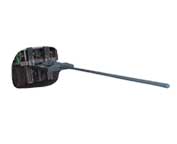
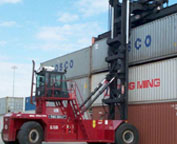
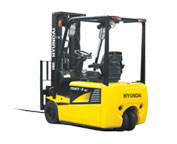
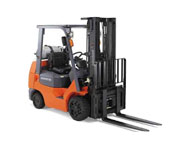
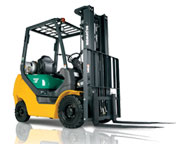
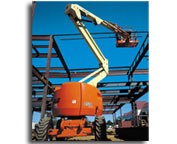
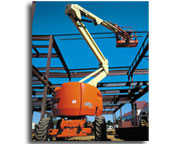
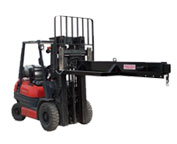
Lift Parts Express
TOLL FREE: 1-888-695-7994
forkliftpartsmaine.com
Email Us
About Us


